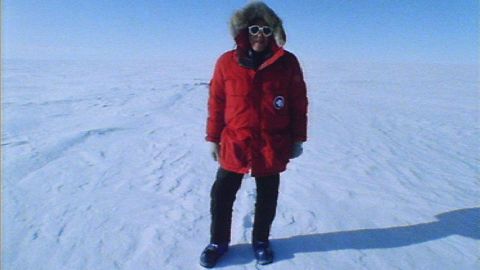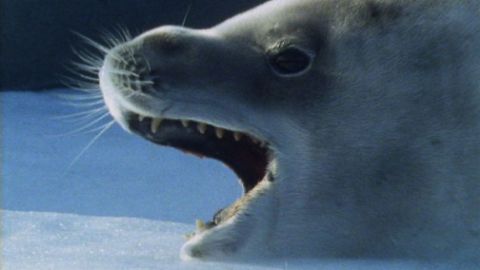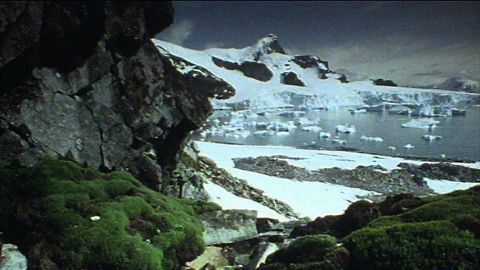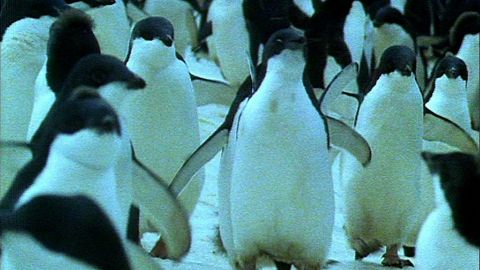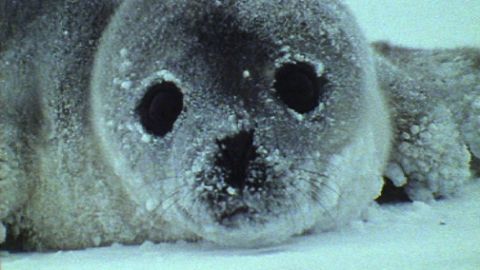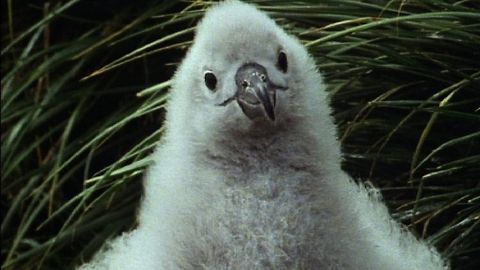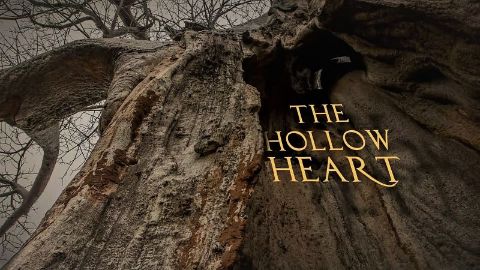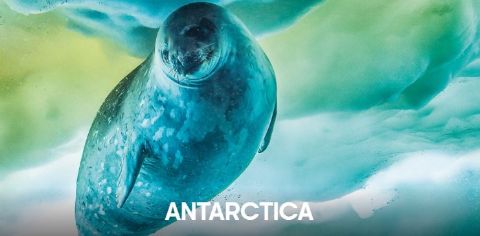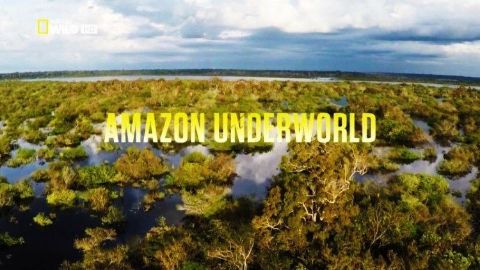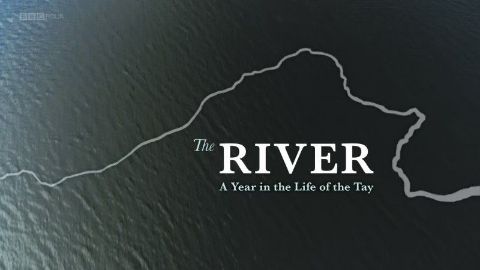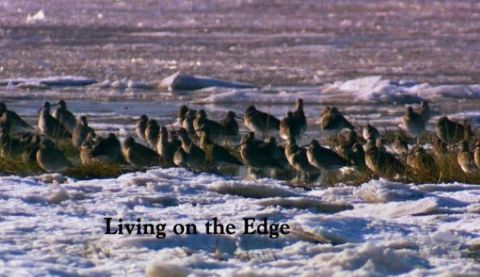The Race to Breed • 2003 • episode "S1E3" • Life in the Freezer
Almost all life in the region breeds in summer. A growing colony of fur seals on a beach in South Georgia resembles that of elephant seals shown in the previous episode. The pups grow fast on the rich, fatty milk provided by their mothers and double their weight in just sixty days. As the females become sexually available, the mating season begins and males try to claim territory and mate with females. Like elephant seals, fur seals fiercely attack all competitors.
Make a donation
Buy a brother a hot coffee? Or a cold beer?
Hope you're finding these documentaries fascinating and eye-opening. It's just me, working hard behind the scenes to bring you this enriching content.
Running and maintaining a website like this takes time and resources. That's why I'm reaching out to you. If you appreciate what I do and would like to support my efforts, would you consider "buying me a coffee"?
Donation addresses
BTC: bc1q8ldskxh4x9qnddhcrgcun8rtvddeldm2a07r2v
ETH: 0x5CCAAA1afc5c5D814129d99277dDb5A979672116
With your donation through , you can show your appreciation and help me keep this project going. Every contribution, no matter how small, makes a significant impact. It goes directly towards covering server costs.
